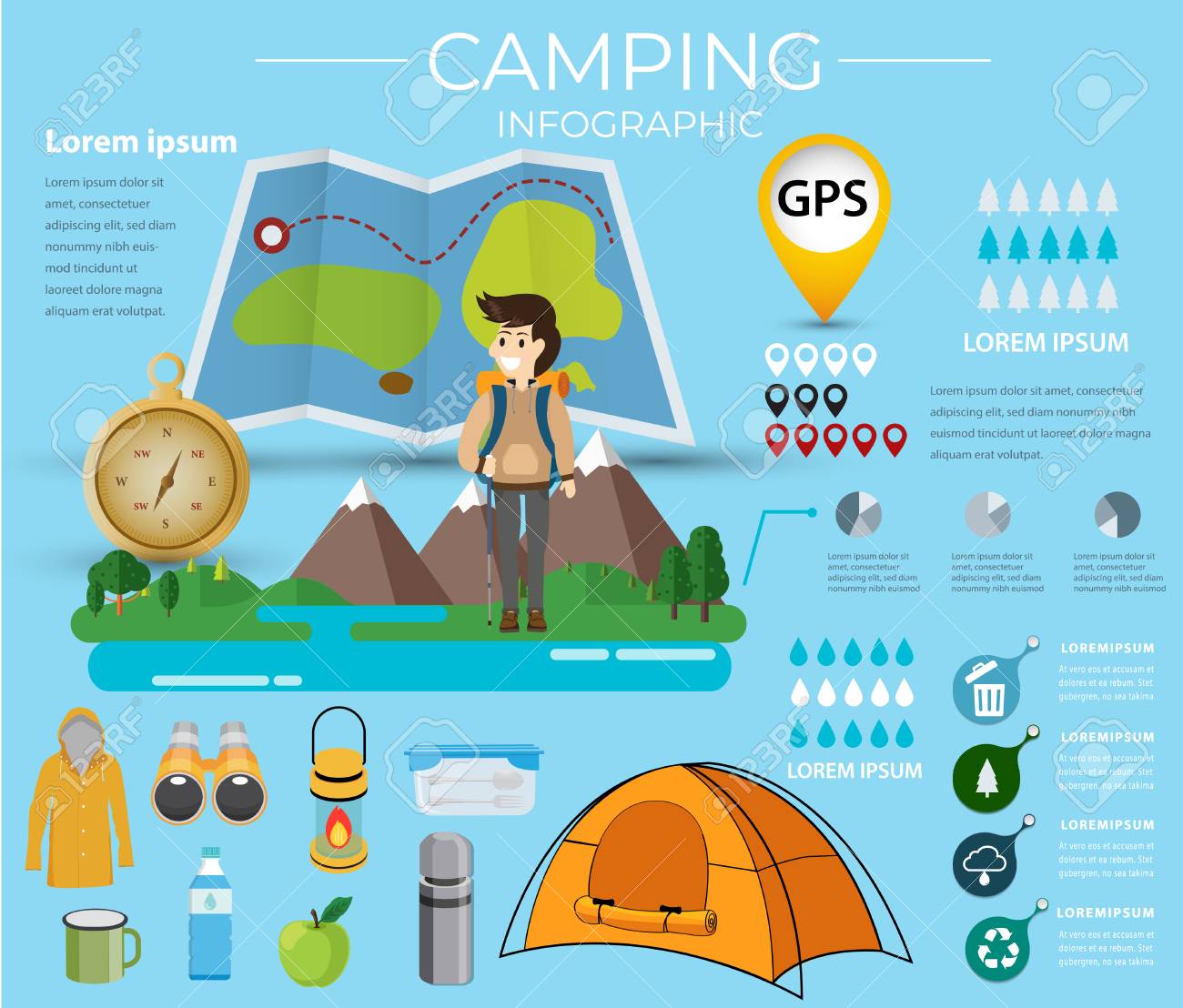Selecting the right frame material is important for occasion camping tents. Whether it's layered steel for spending plan tents or anodized light weight aluminum for heavy-duty applications, there are numerous considerations to remember.
Steel frames are common in lower-priced pop-up tents but are prone to rust even with finishings and call for normal upkeep. Light weight aluminum is light-weight, naturally stands up to rust, and holds up well in moist or coastal settings.
Steel
When it pertains to making sure the durability of personalized outdoors tents, the product utilized in their structures plays an essential function. Steel and light weight aluminum alloys both offer premium sturdiness, however each deals one-of-a-kind advantages that make it appropriate for various kinds of atmospheres. Steel is optimal for tough conditions, while light weight aluminum master withstanding rust and decreasing upkeep expenditures.
When event hosts select the appropriate tent for their demands, they need to take into consideration factors like expected weather. For instance, framework camping tents commonly do much better in gusty or stormy problems than pole tents due to the fact that they do not rely upon a central post to support the framework. However, the connections between frame items can damage in high stress and anxiety situations. Determining these weaknesses and carrying out routine assessments can assist avoid possible damages.
Steel frameworks are tough to cut, weld or form, which can need specific tools and increase labor expenses. Additionally, they have a tendency to corrosion or rust easily and may need added defense or finishings. Furthermore, steel is really heavy and can cause problems when transferring a cover. It's also difficult to store for extended periods of time due to the fact that it uses up much more space than light weight aluminum structures.
Light weight aluminum
Aluminum is a popular frame material for cover outdoors tents due to the fact that it's light-weight, rust-resistant, and easy to transport and establish. It additionally offers an extra stable sanctuary during gusty problems than steel frames. Light weight aluminum is less susceptible to tearing and any kind of damage can be conveniently fixed, extending the life of the tent. It additionally takes a breath to reduce condensation and offers remarkable acoustic insulation to moisten outside sound.
The toughness of aluminum structure camping tents is even more improved by the natural oxidation buildings of the steel. It produces a small oxide layer that safeguards the surface from corrosion and stains. Thus, the long life of a light weight aluminum appear camping tent can be improved even further when the structure is anodized.
Anodized light weight aluminum is stronger than steel and can endure high wind speeds. On top of that, the covering stands up to corrosion and spots, prolonging the life-span of the tent. Moreover, plated light weight aluminum is recyclable and sustainable, making it ideal for organizations looking for LEED qualification. The combination of these residential properties makes light weight aluminum an extra cost-efficient alternative than steel for large, durable outdoors tents, such as those used to fit industrial equipment and storage facility supply. Steel, on the other hand, is more expensive since it requires costly alloys such as nitrogen, molybdenum, and chromium to enhance toughness.
Iron
Iron structure tents generally last approximately 15 years if the right treatment and upkeep is used. This includes consistently cleaning up fabric and inspecting metal parts for rust and wear. By taking these actions, occasion hosts can optimize the reliability of their frames and ensure their ongoing performance in difficult settings.
Steel is a suitable material for building sturdy camping tents, especially for use in severe weather conditions. It is a strong, strong, and budget-friendly material that offers stability and resilience for a vast array of applications. Nonetheless, steel is prone to rusting in humid and coastal settings. The addition of protective layers and normal upkeep can aid to mitigate this risk, yet these initiatives raise total upkeep prices.
On the other hand, aluminum is a much more resilient option for a custom-made camping tent as a result of its natural oxidation residential properties. When anodized, aluminum comes to be super-strong and approximately 3 times tougher than common light weight aluminum alloys. This makes plated light weight aluminum the second-hardest compound beside ruby (satellites, aircraft, and armed forces cars all make use of anodized light weight aluminum). Along with its sturdiness, anodized aluminum is also extra immune to rust than steel. These elements make aluminum an outstanding choice for turn up canopy camping tents and contribute to their capacity to lug longer guarantees rainfly (5, 7, and even life time framework guarantees). Additionally, light weight aluminum is 1/3 the weight of steel enabling a much thinner framework design for even more personalization options and increased toughness.
